Reece Barclay’s Destiny
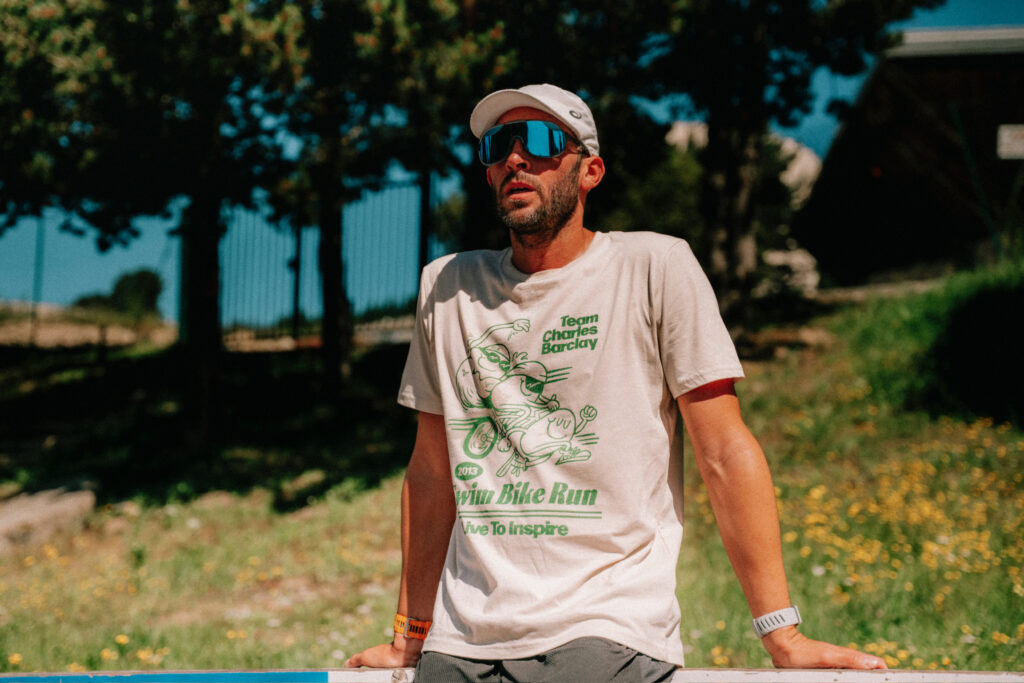
All photos courtesy of Reece Barclay
Coach Reece Barclay
In the French ski resort town of Font Romeu, an altitude training hotspot in the summer, Reece Barclay is sitting on the couch, sweaty from a run. He warns me that the dogs are quiet now, but they may bark at any second. Barclay is best known for being the “other half” of world champion Lucy Charles-Barclay, not just as her husband, but her training partner and, he affirms, her coach.
“I think it’s a bit of a misunderstanding that I’m not Lucy’s coach anymore,” he says. “I very much still am, but just not in the aspect of everything like I used to be. Dan [Lorang] will set the program and then every day I will help deliver the program. If there is a problem, Dan might be a million miles away, or on the other side of the country or world, so I adapt the program to the best of my knowledge. In race week, he just lets me take control of it because it’s so much easier when I’m on the ground.”
“I could probably do a lot of [the coaching], but I’m also doing a lot of other things,” he continues. “I’m looking after all of Lucy’s sponsors, media commitments, engagements, logistics of training camp, when she’s doing altitude camp, when she’s tapering, racing–all the things that go with being a professional athlete. It’s just a lot easier to have complete trust in someone else to say, right, you look after the program and I’ll help deliver it.”
It’s not all business between the husband and wife and that doesn’t seem to complicate things, but it does add another layer.
“I’m also Lucy’s partner, so sometimes it’s difficult to separate the two, and having someone else there to say this is what you should be doing or don’t panic when this situation arises, it’s helpful,” he adds.
Being separate isn’t really their thing anyways. They train, travel and race together (her on the course while he supports), and it’s been like that since they met as swimmers. They both started their careers as personal trainers together, next came triathlon and, despite the different paths their athletic careers have taken, they are still truly side-by-side.
The meteoric rise of Lucy’s career could have easily split the couple.
“From 2016 to 2017, Lucy went from doing her first professional race, where I think it might have been 70.3 Dubai and she came tenth, to the following year where she came second at the Ironman World Championship,” he recounts. “So it was a huge jump. It was all just a lot for young people who didn’t have a lot of experience in the sport. So, my experience as a racing professional was fun while it lasted, but it was almost inevitable that I was going to move on to coaching quite soon after.”
As their focus as a couple shifted to triathlon full-time, the inevitability Barclay always foresaw came to fruition.
The Inevitable Move
However, becoming a coach wasn’t just situational.
“Coaching has always been my passion,” he says. “I’ve always been, in some way, shape or form, a coach. Even back when I was 16, I did my karate coaching course. I always knew it was the road I was going to go down if I wasn’t being a professional athlete myself.”
For him, it was the relationships that drew him to coaching. He recalls looking up to his karate instructor as a child, being influenced by a father who was a boxing coach, and the strong bond he formed with his swimming coach as a young adult. (He is still in contact with that swim coach 25 years later.)
”It’s always been fascinating to me when you can get a really good coach, you can completely change an athlete,” he explains. “You can get athletes who are completely demoralized by something, and the coach can say the right thing at the right time and just completely change their attitude towards everything. And I’ve been in that situation myself, so it’s always been something that’s inspired me.”
Barclay prides himself on the good relationships he forms with all his clients, even back to when he was a personal trainer, and they still inform the way he coaches today.
“ I won’t take on too many people at a time because I really do feel like you become such an important person in an athlete’s life,” he says. “When you take on the coaching responsibility, you have a really good relationship with an athlete because they speak to you about everything. You become a kind of mentor to them, not just in training, but outside of training too, because out of training is such a big part of how they perform in training.”
“If you just said, right, I’m only going to focus on your data and don’t talk to me about anything else, then what sort of coach is that?” he asks. “You might as well just have AI as your coach. Being in a really, really supportive, good relationship with your coach and with your athletes, I think that’s the most important thing.”
High Cost
Barclay is aware that’s not how coaching always works, but it is how it only works for him–and it does come at a cost. At the beginning, it meant only working with Lucy, and now it means a maximum of four people.
“I just think that you could apply every single coaching method in the world, but if you don’t give them your energy, you’re leaving 50% of what it is to be a coach on the table–so why bother?” he says.
Despite numerous offers, his method means he must be particular about the clients he does coach.
“ I have to be really excited about coaching the person…and it needs to be something that really excites me, because otherwise I can’t give my full energy to it because I’m an all or nothing kind of person,” he states. “So, I like to say, once I’m your coach, you’re part of my family. That’s it. But I can’t do that for more than three or four people at a time because you just can’t have that much family. My time is limited and I’m passionate about the people that I’m working with and I think I’ll always be that way. I won’t ever take on more than what I can give my absolute all energy towards.”

Ironman South Africa 2019
Finding Whole Performance
Coaching might be all about the relationship, but performance is not. In triathlon, performance also means doing the right training at the right time, sleeping enough, fueling properly, having the best equipment and aerodynamic position, and many more variables.
Barlcay’s naturally inquisitive mind has always been a testing ground. He started by applying his sport science degree to his own swim training while he was studying. He noticed the sprinters and long distance swimmers following the same program and that taught him how specificity was important. He would test out different sessions or equipment on himself and bring the potentially positive ones to Lucy. He notes that she was one of the first to adopt the speedbar and the hands-up position on the bike, the hydration bladder down the trisuit, and even Zwift.
“Science is always moving and evolving, and you have to find what science works for you,” he says simply, referencing one of his university professors. “I think that’s the best advice ever because they used to say you could only consume 60 grams of carbohydrate an hour because your body won’t take it, and now everyone’s doing nearly double that. They used to say all sorts of aerodynamic things that get proven wrong all the time.”
One performance metric that always stood the test of time, however, is time. No science or technology can replace time and, while still pursuing his own triathlon career, Barclay realized that Lucy’s best performance needed more time than he was giving.
Time to Focus
Lucy finishing second in her professional Kona debut changed everything for both of them. Financially, it made sense for them to focus on her career, but that didn’t mean Barclay was giving up completely on his own.
“ I’d always prioritize my own training, but then if there was a problem with anything Lucy was doing, I would stop my own training and help Lucy. So it’s kind of like I wasn’t being selfish enough to be a professional athlete,” he admits. “ I’d have to step out of doing what I was doing and then there would be frustration, not at her, but just at the point that I was tired from doing other stuff.”
Barclay raced for three years before deciding that Challenge Roth in 2022 would be his last pro race. (He did race once more professionally in 2023 at 70.3 Lanzarote where he finished 27th).
“It got to the point where I realized that I just can’t do both,” he says. “ I would never change anything–that’s just how it was and I’m happy I did that–but I understand as a professional athlete, you have to be wholeheartedly selfish. And I’m not saying that in a horrible way, but if your life isn’t 100% athlete, someone else will beat you and I wasn’t living that lifestyle.”
His wife, however, was, and simplifying his purpose felt like it could only lead both of them to more.
But it didn’t.
The Missing Metric
“ I stepped back from racing and being full-time coach, but Lucy’s health issues were getting worse and worse,” he says.
They brought on superstar coach Dan Lorang to oversee training, but Lucy continued to deteriorate with injuries, and the two were perplexed. Barclay’s response was to take on even more.
“ I was literally taking everything away from Lucy other than she just needs to get up and train, repeat, so there was no external stress,” he says. “She has the best team, best advisors, and she said ‘my body keeps breaking.’ And we were like, maybe we’re cursed.”
“We’d had all the scans,” he continues. “Everything was good: bone density was good, hormones were all good. Everything was just not adding up. So there was a huge amount of frustration for about two years. And then we finally got to the bottom of it, which should have been a simple diagnosis, it just got overlooked.”
In 2024, Lucy was diagnosed with celiac disease and suddenly all the dots connected. She changed her diet and started her 2025 season by winning Ironman Lanzarote by a 20 minute margin, setting the fastest splits across the board. She went on to win Eagleman 70.3 and finish 4th at T100 Vancouver.
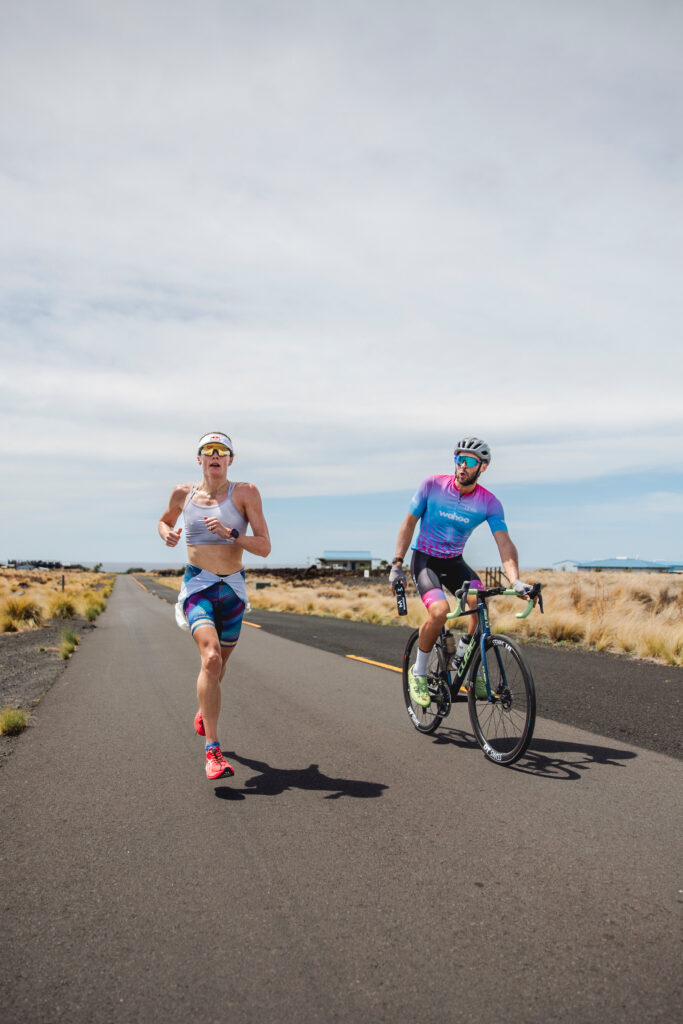
Coaching Lucy
All Adding Up to More
Despite the frustration of the past two years, they could hardly be called a waste, especially for Barclay. After stepping back from being an athlete, Barclay leaned more into coaching. From being a karate coach and sport science student to racing and meeting Lucy, it seems like a lot of the puzzle pieces have come together. Along with Lucy, he is also now coaching French triathlon power couple Marjolaine Pierre and Clemont Mignon, world champion HYROX competitor Jake Dearden, and consulting on a special project with hybrid athlete Fergus Crawley that he “can’t go into much detail about.”
He also got back into competing for fun as an age grouper, doing his first triathlon in over two years.
“ At the moment I’m really happy where I’m at,” he says. “I’m coaching a bunch of athletes who I’m really invested in, and then I’m doing the odd side project.”
“Obviously we’re doing what we’re doing at the moment and we absolutely love it,” he says. “But there’s loads of things in life I want to do that I can’t right now. And we were actually talking about this the other day, being [in Font Romeu]. I’ve never been skiing and I would love to go skiing.”
“I do have a long term goal, a plan,” he continues. “At the moment I don’t have any more time for anything else, but once we are done, we have a premises in London which we are going to convert into the LCB Academy.”
He explains how the academy will allow young athletes who feel like they are at the end of one sport to try a new sport–an opportunity they would’ve loved when they both finished swimming. It’s on hold, not just because he doesn’t have time, but because it’s a project that they, of course, only want to do together.

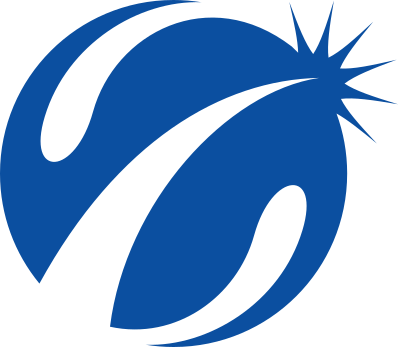

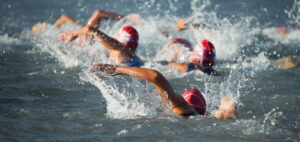
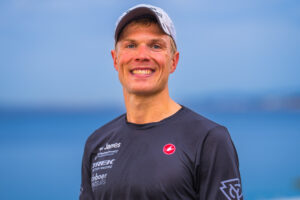
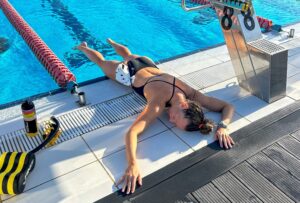

Start the discussion at forum.slowtwitch.com